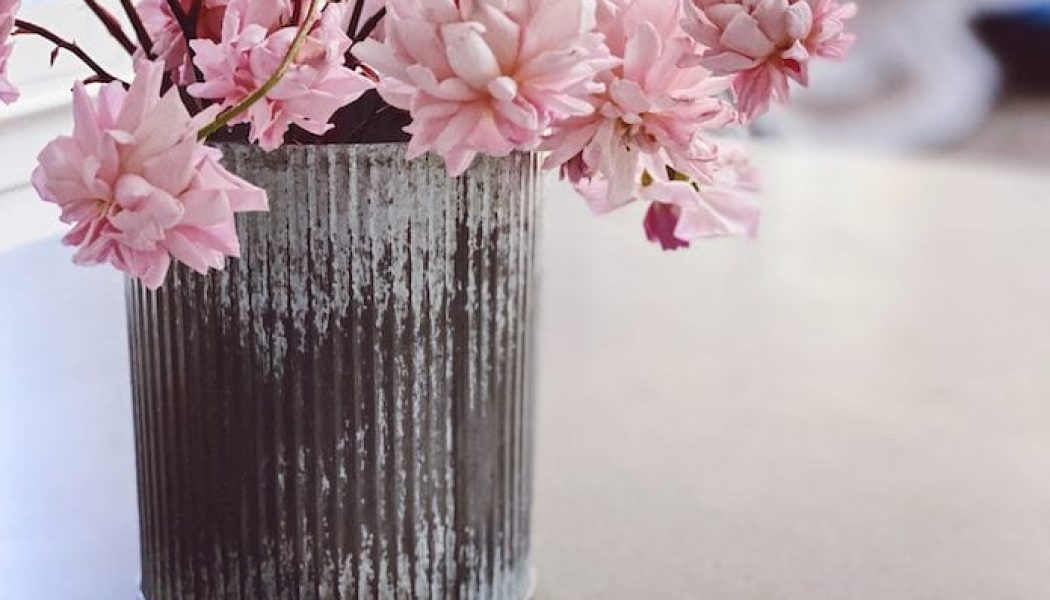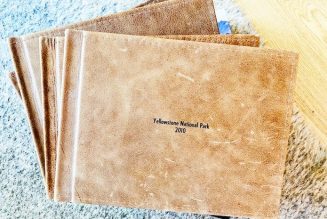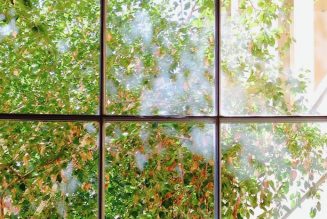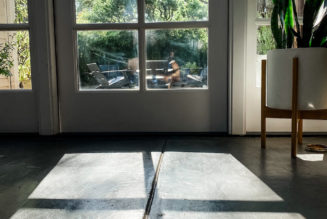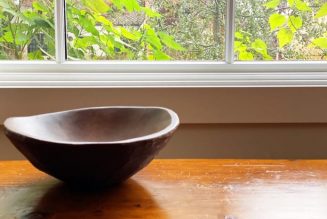The window is open, and cool air blows through the room. The street is silent except for birds chirping. I will miss this the most, maybe, when quarantine ends. The stillness outside, even when the inside of my home thunders many moments: heavy feet of teenagers as they work through their day.
Days fold in, one after another. A stack of moments in this small home. I remember they are sacred. Few things of importance get cataloged on a calendar anymore

So much happens within walls. Life outside walls–but inside walls too. The push and pull of loving people. The trusting that good is here, in the uncertainty, in the mess, in the hard.
And with that trust comes love, which is seldom easy. And always a choice. What choice am I making this day? And the next?
I like to think about what will mark these strange days in quarantine. A year from now, or maybe a few months, will I look back on this time and be happy for my resilience? Will I be able to recognize this gift of trying to create space for my heart?
It is often said, when writers are talking about writing, that writing “saved” them. “Journaling saved me,” is a popular phrase. Getting down our thoughts into words on a page helps us take a look at our feelings. We can look at these feelings (and the circumstances that caused them in the first place) with a little more detachment and objectivity. This, in turn, can help us to engage our hearts, our emotions, our opinions–a step that, if we take it again and again, can help us attend to any wounds that we need to heal.

For me, writing poetry has been a special kind of writing that has encouraged introspection, self-awareness, and whole-hearted living. Through writing poetry I imagine possibilities beyond my circumstances. I do this just as I am especially cognizant of the circumstances I am experiencing right now.
Writing poetry grounds me in the present and opens me up to things that might be. Sometimes I write about things I can see with my eyes–the furling of an oak leaf, the sound of my daughter singing in her room–but I also write about things I can see only with my mind. Words become tools to describe images I see in my imagination. Poetry, in essence, is allowing my heart to dream.
I write poetry and my mind leaps into scenes far wilder and unmuted than my present reality. And it makes my senses more attuned to my days, especially these days–these days when I am aware of potential walls (physical and emotional) of confinement. I write poetry to help me refuse to let walls confine me, heeding my heart’s desire to leap and run and live in a reality that feels just as true as the one I can now touch and hear and see.
Through writing poetry during this quarantine, I am learning to celebrate how beautifully small I am. It is delicious perfection to be held in God’s hand and live in heightened awareness of all that I can’t (but used to wish I could) control.
I write these words in my journal:
What a delight it is to be small / and yet capable of all things beautiful and good./ This is strength, this is freedom, this is joy.

For the Loop Poetry Project this week, you are invited to write about your strength and/or your smallness, your lack of control and/or your freedom, your resiliency and/or your weakness. Let the poem go in any direction it wants to go. Maybe begin with a question that the rest of the poem seeks to answer. Maybe begin with an observation of external circumstances–specific details of a setting (an empty street, coffee brewing on the kitchen counter, a pile of shoes by the door)–and document a story as it unfolds. Maybe close your eyes and let your imagination direct you: find words to describe the visuals your imagination shows.
There is treasure in this process. Enjoy it. Be curious. Expect wonder. Brace for surprise.

As always, please share! What a delight it is to read your beautiful poems. Remember that what we do here is encourage one another in the writing process, not the writing product. While we seek to write what is true–what our hearts are most trying to say to us–we must not be discouraged by our expectation of the finished poem. There is discovery here for you. Dig deep. Trust that the right words do come. Linger over sound. Consider meaning of each word. Enjoy the magic of not knowing what to say–and seeing what happens when you write down words anyway.
That is the good stuff. There is always beauty that follows.
You can share your poems below, as a comment on this post or in the Loop Poetry Project Facebook group. I am so excited to connect with you through your writing!
Brilliant girl, can I tell you
where to find happiness?
curled into the shadows
to play house, sleeping when night
melts its way into the room
I can find you, show you,
before bells chime morning’s declaration
and you believe happiness is found
outside you, beyond what
you know and hear and see
for the sum parts of you are
not where you will find it
nor will you find it in books and words,
lists and screens: what is tangible,
possible to hold
but come now into the space
where your name is whispered into
cracked shadows of night
and you open to folding
inside out to meet the person
I’ve always known.
from this one true heart,
jennifer
This post appeared originally at jenniferjcamp.com
